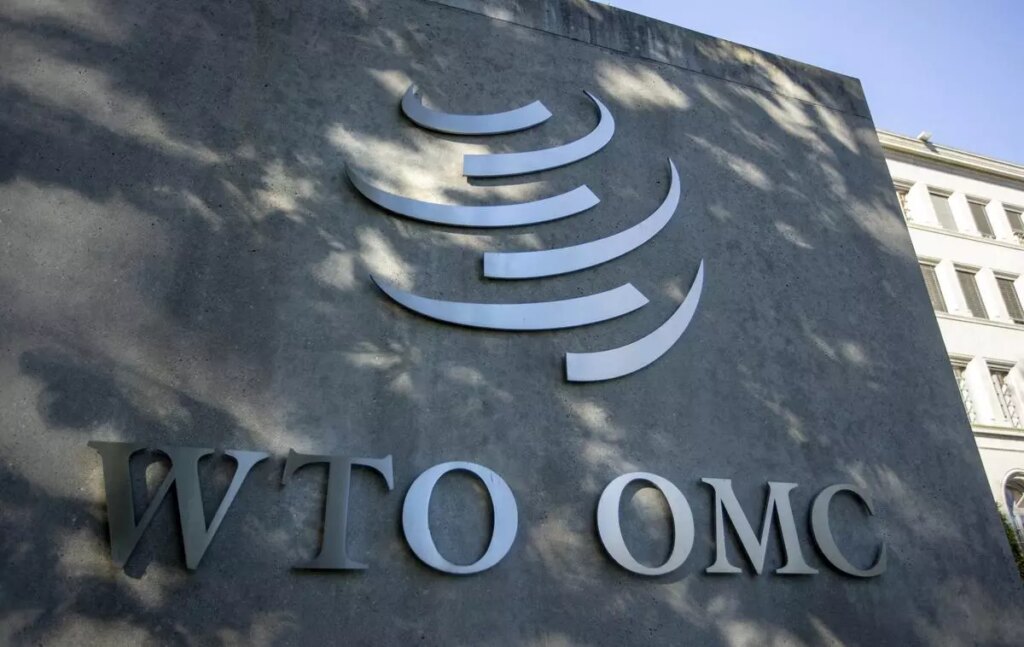At the working session on the work program on electronic commerce at the 13th WTO Ministerial Conference, India emphasized the need to “reconsider” the impact of tariff suspensions on electronic transmissions, particularly on developing and least developed countries. Conference (MC13) in Abu Dhabi on Thursday.
New Delhi has previously stated that it does not support extending the moratorium under WTO MC13, as it believes it would result in significant revenue losses for developing countries and there is no agreement on its scope. was. “India reiterated that the digital revolution is still underway and that there is a need to reconsider the impact of technologies such as additive manufacturing, 3D printing, data analytics, artificial intelligence and the Internet of Things as they become more prevalent. “Suspension of tariffs on electronic transmissions, particularly for developing and least developed countries,” according to a statement released Thursday by the Department of Commerce.
WTO members decided not to impose tariffs on electronic transmissions in 1998, and since then the moratorium has been periodically extended at successive Ministerial Conferences (MCs). India and South Africa note in a joint submission that if the scope of the suspension is limited to “transmissions,” it is technically possible to impose tariffs on content today, and the impact of the suspension would be limited. did.
$10 billion loss
However, if the scope of suspension includes digitized and digitizable goods, the literature provides a list that includes cinematographic films. Books, brochures, maps. Newspapers, magazines and periodicals. Postcard, personal greeting message or announcement card. Other printed matter. video games; computer software; music records, tapes, and other audio or similar recordings. and other recording media. “More importantly, as the digital economy grows, this list will grow. The impact will therefore be very serious,” the filing states.
A 2017 study by UNCTAD found that developing countries are costing an estimated $10 billion in revenue losses each year due to the moratorium. In the case of India, that amount can exceed $500 million annually (2017 estimates). However, developed countries including the US, Australia, the EU and Japan have called for the moratorium to be extended.
India said at the meeting that developing countries need to focus on improving domestic physical and digital infrastructure, creating supportive policies and regulatory frameworks, and developing digital capacity. “India's own digital transformation is underpinned by an unwavering belief in innovation and a commitment to rapid implementation,” the report said.
A decision on the suspension could be made by the end of MC13, which is expected to conclude late Thursday night, and could extend into early Friday morning.
This is the last free article.


